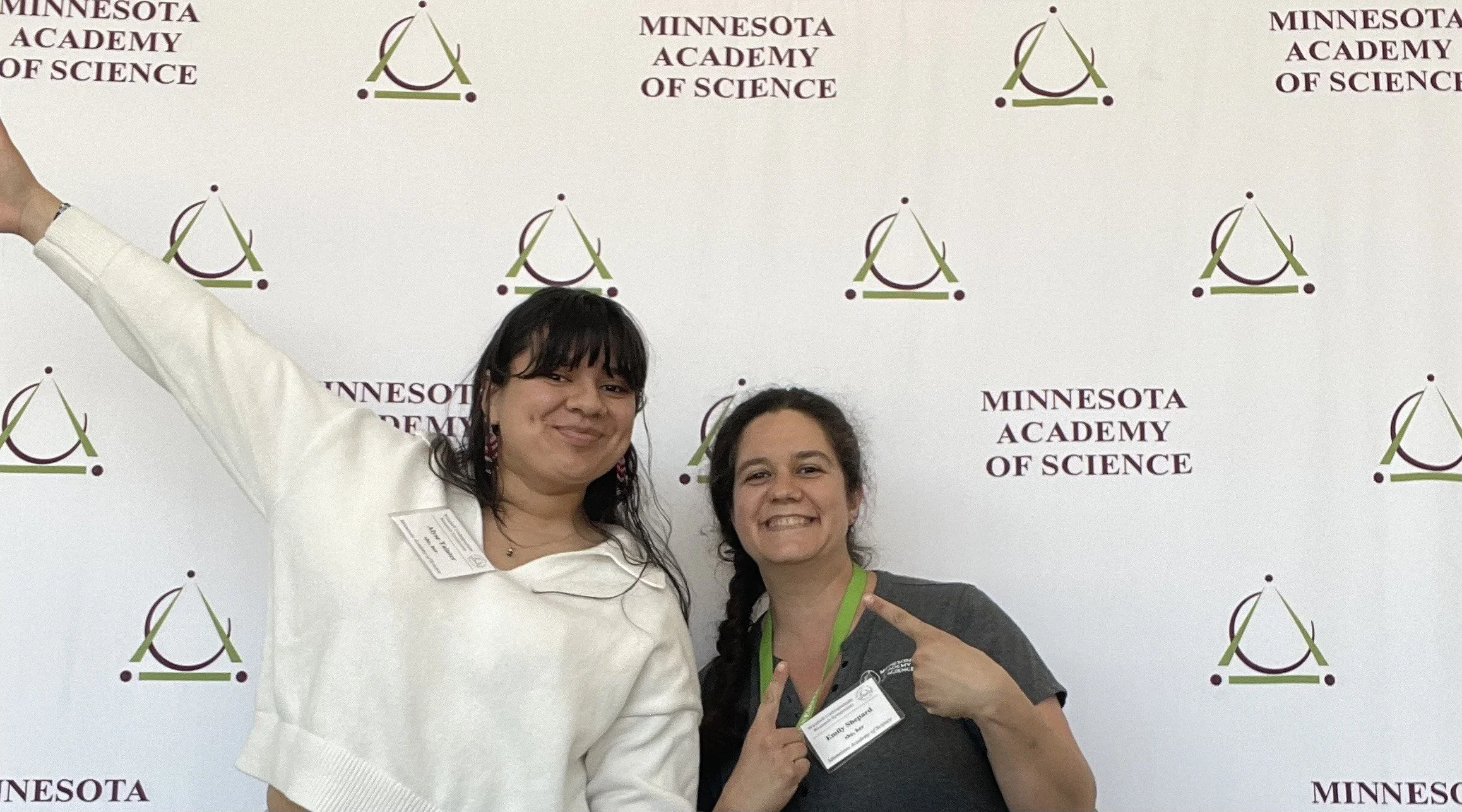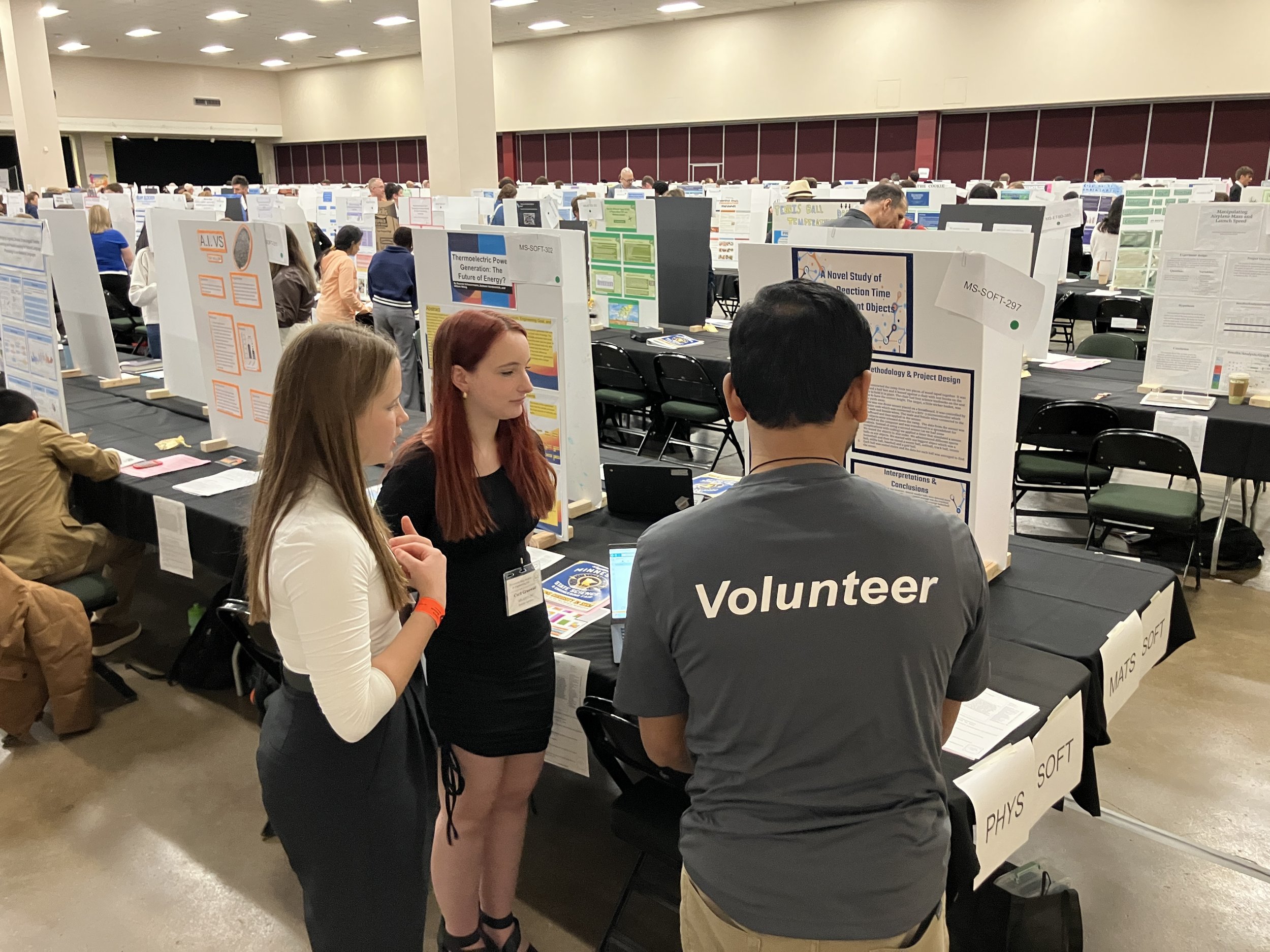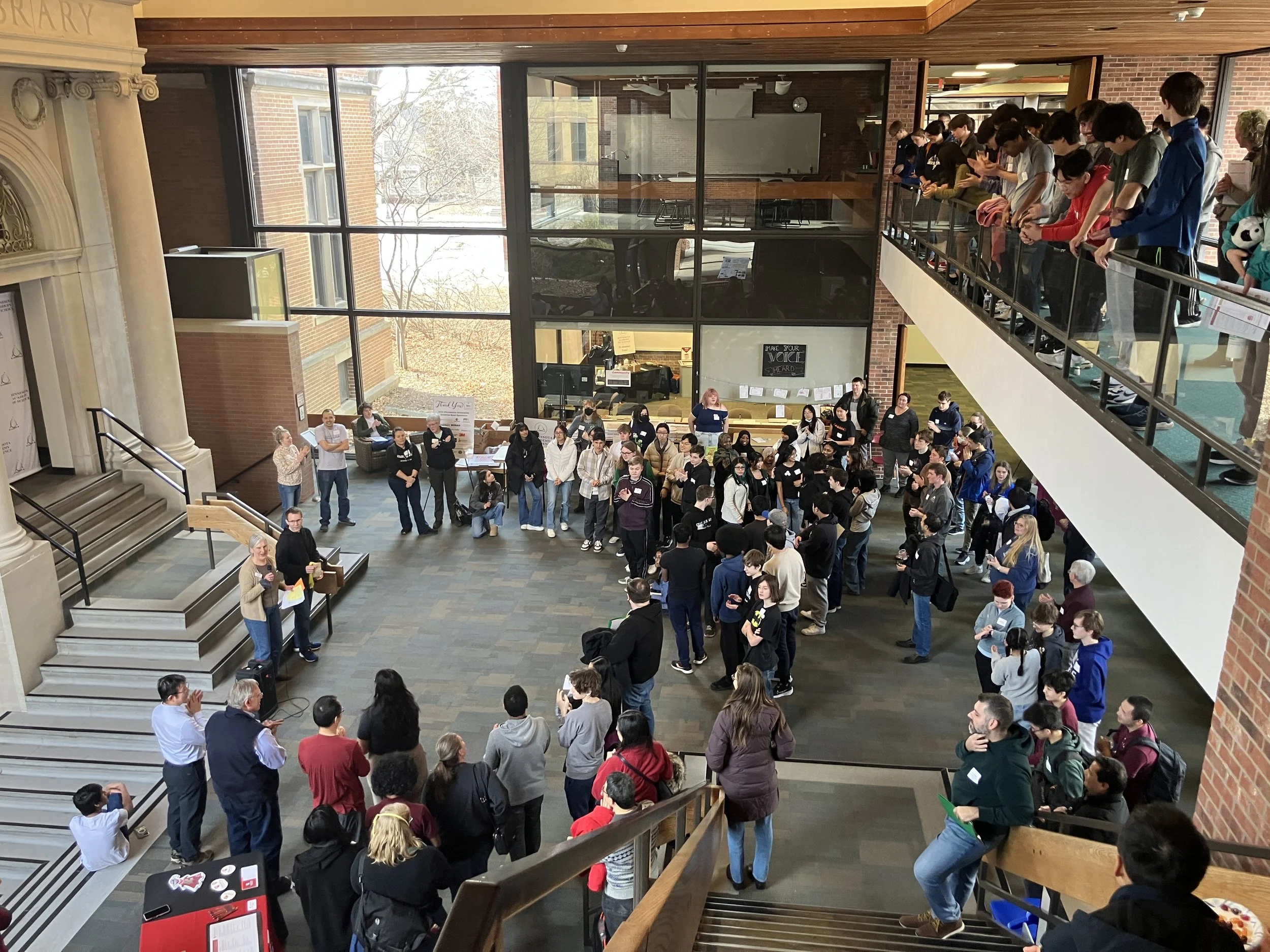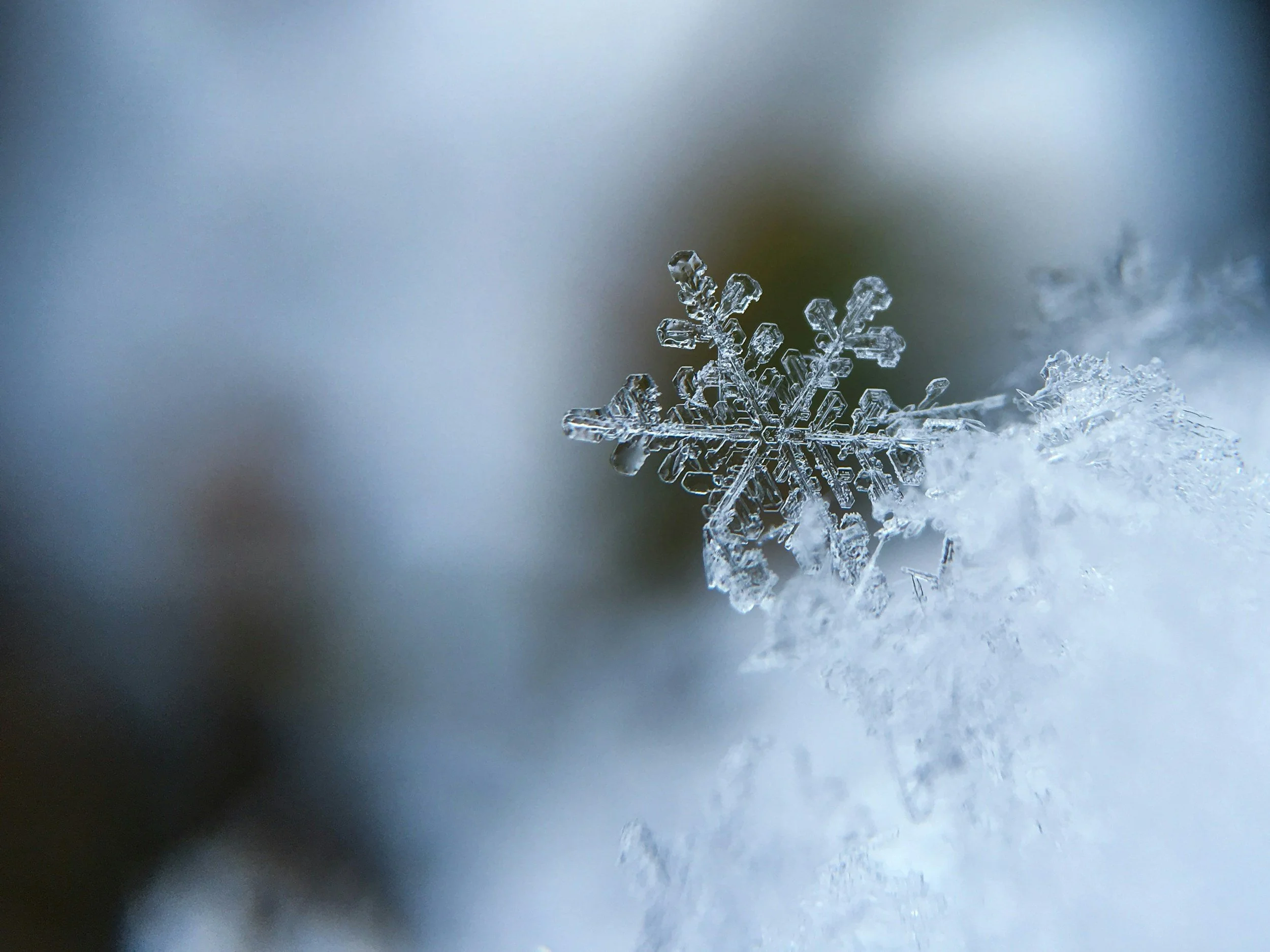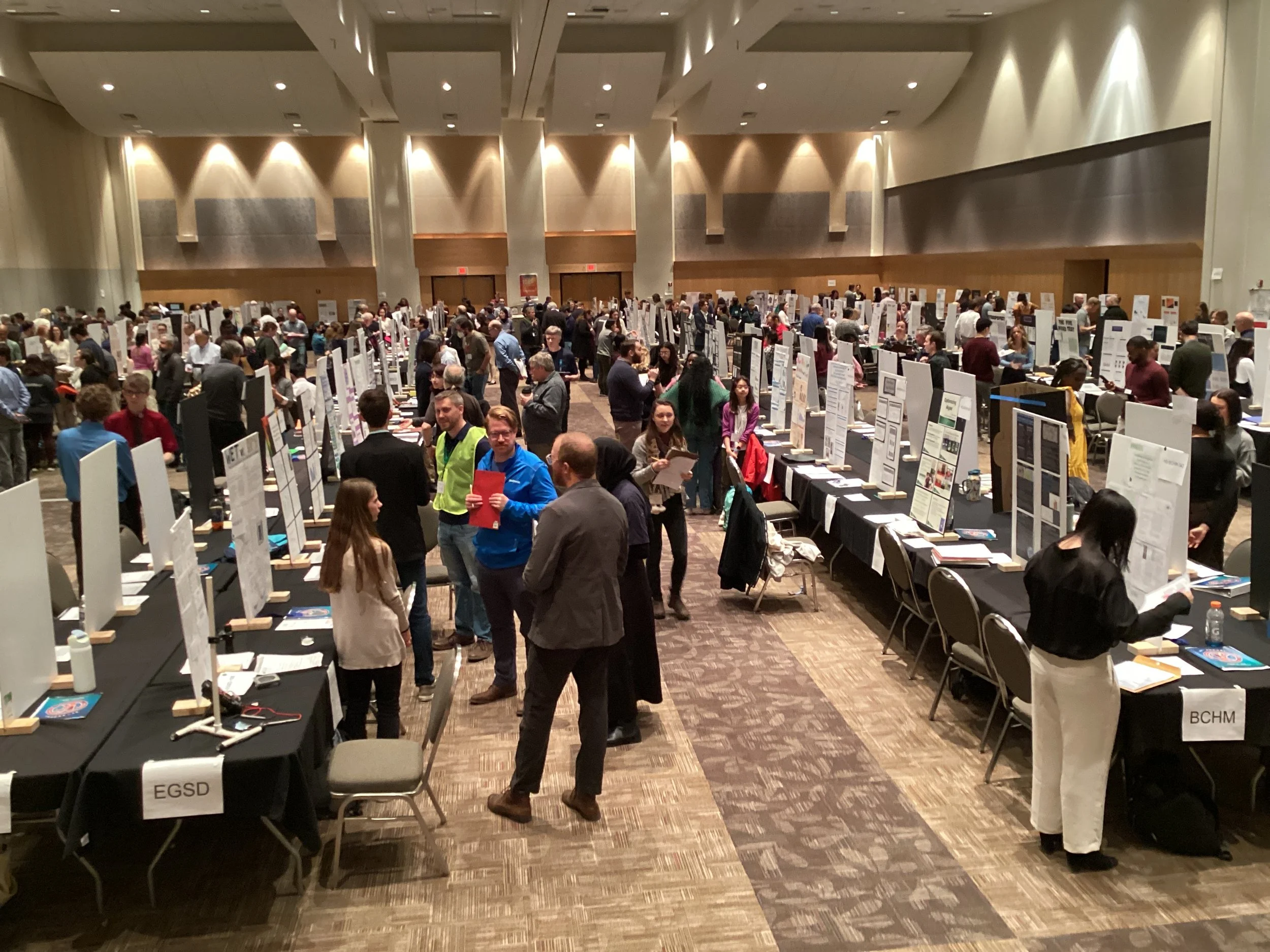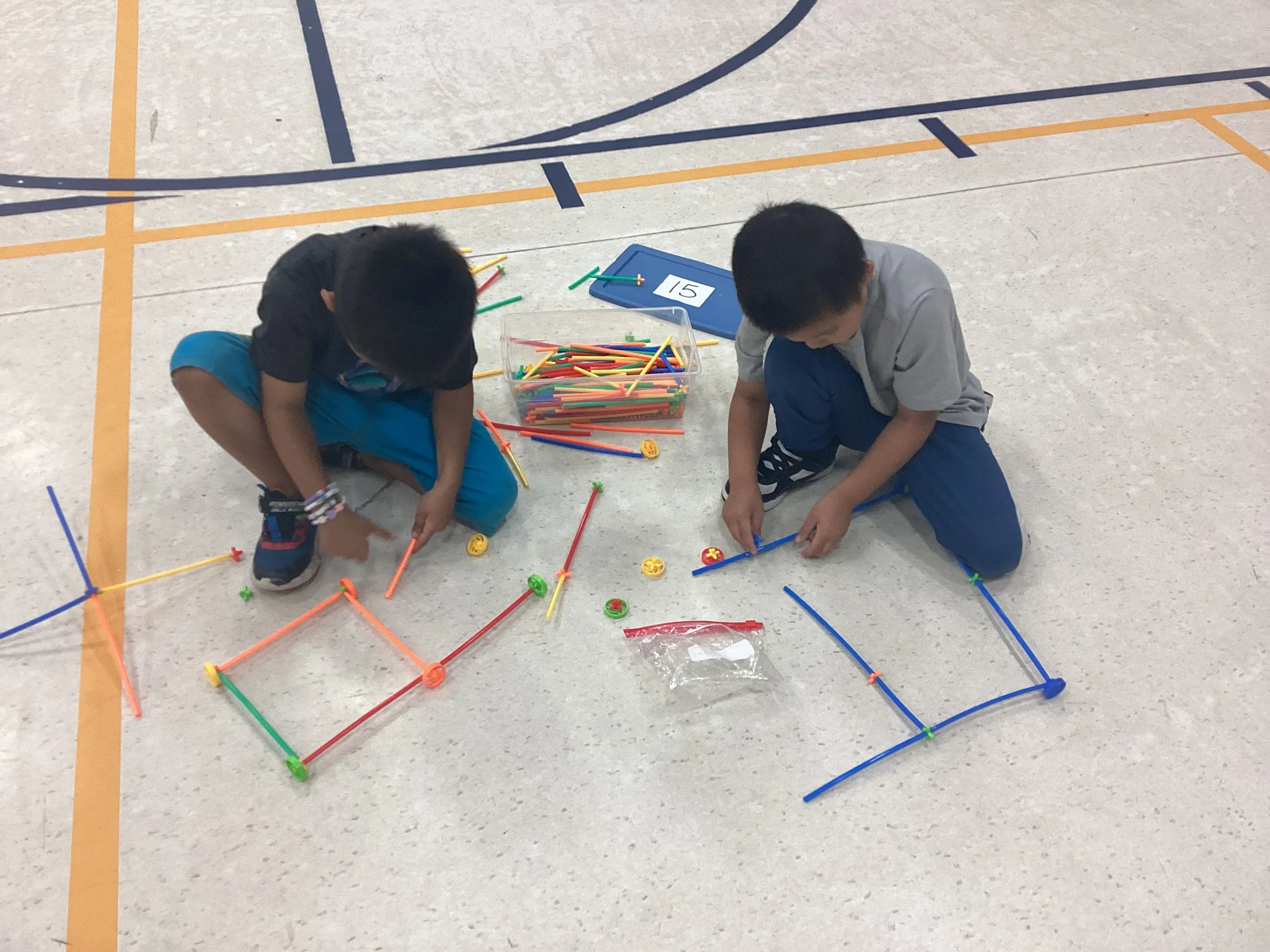by Sarah P., 2023 Minnesota Junior Academy of Science inductee
Sarah at the International Science and Engineering Fair
My freshman year, I decided to join the science research club. I wasn’t sure I would end up doing anything, but my chemistry teacher encouraged me to come to one of the meetings. After school one day, all the interested kids started to brainstorm possible projects. As I started to learn about projects students had done in the past, I was, quite honestly, amazed. I thought, I can do this in high school? I had always assumed research was done at colleges in expensive labs.
Little did I know at the time, this would be the first of many hours spent in that classroom. That year, my friend and I decided to investigate the ability of three aquatic plants to remove lead from water in a process called phytoremediation. We found that one of the plants was able to remove the lead while remaining healthy. Using a poster, we presented our findings at the Twin Cities Regional Science Fair and then the Minnesota State Science Fair!
I continued to participate in science fairs throughout high school, looking into a wide array of topics, from the effect of electric fields on DNA knots to the impact of fertilizers on plant defenses. However, I continued to see school and science fair as two separate entities. It wasn’t until my junior year that I began to notice how my participation in science fairs was helping me in school.
One of the first things I noticed was that I already knew some of the things we were learning in class. For example, I had learned a bit of calculus whilst studying the physics of DNA knots, so when we started to learn calculus, I already knew how to differentiate easy functions. In biology I knew a lot about the structure and purpose of DNA, which made it easier to understand concepts like transcription and translation. Another thing I noticed was I could quickly find scientific papers and pick out the important information in them for labs.
I also began to feel more comfortable giving presentations. When I was a freshman, I was terrified of speaking in front of anyone. At my school, every kid has to give a speech in front of the entire high school their senior year. I had no idea how I could possibly do such a thing. However, by the time it rolled around, I found that years of presenting my research to judges, parents, and friends had made me much more confident in my abilities to speak in front of people.
While helping me in school, science fair has also helped me think critically. For example, one of the fertilizers I studied my senior year was compost. People often uphold composting as a great way to recycle nutrients. Although this is true, I learned that applying too much compost gives plants more nutrients than they need, and these excess nutrients often leech into the environment and cause harm to the surrounding ecosystem. As such, I have learned that it is important for me to look at the entire picture before coming to a conclusion.
While science fair has many benefits beyond what I mentioned here (meeting new friends, interacting with passionate scientists, etc) I think that, at least for me, the main benefit of science fair was learning. I learned how to design an experiment, how to give a presentation, and how to think critically - all of which will help me in college and beyond.










